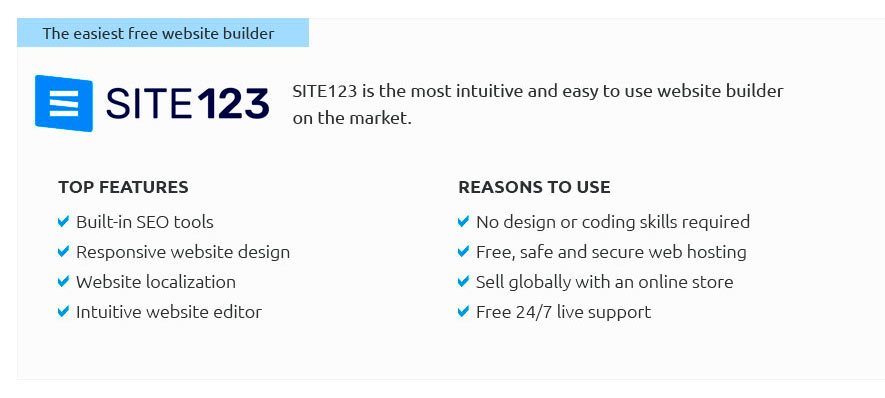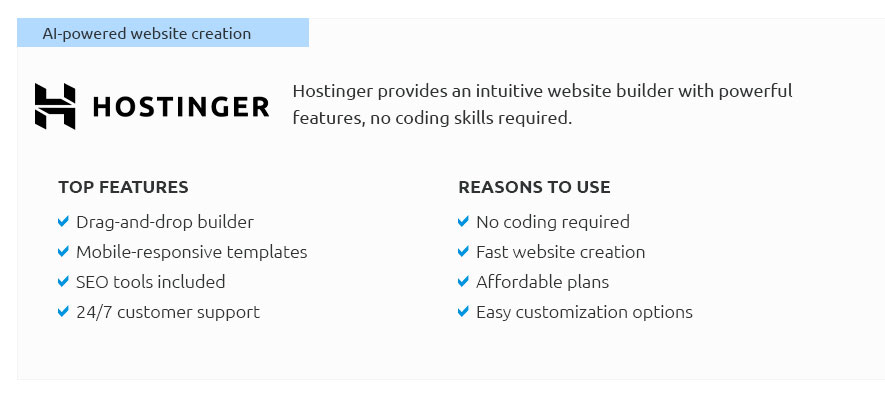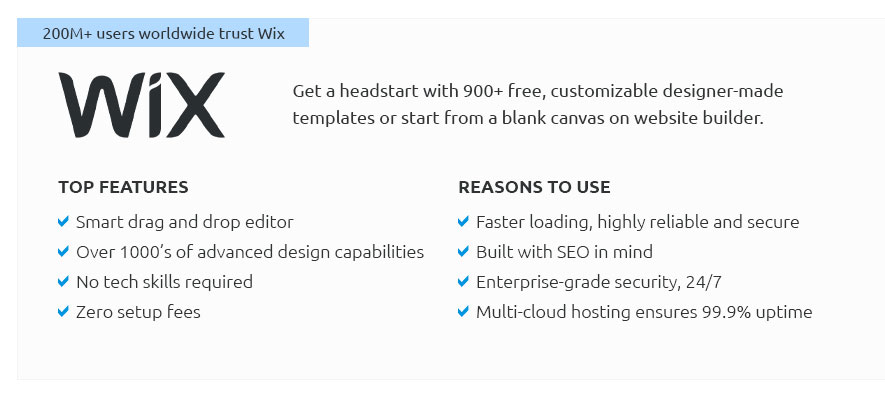 |
 |
 |
 |
|
 |
 |
 |
|
 |
|
 |
 |
|
 |
|
 |
|
 |
 |
How to Make a Booking Website: A Comprehensive GuideCreating a booking website can be a rewarding endeavor, both intellectually and financially. In today's fast-paced digital world, where convenience is king, having a well-designed booking platform can make or break a business. Whether you're venturing into travel, event planning, or accommodation services, a robust booking website is essential. So, where do you start? First and foremost, you'll need to understand the market. Conduct thorough research to determine what your target audience desires. This knowledge will inform every decision you make, from the user interface to the backend functionality. A successful booking website needs to address the pain points of its users, ensuring a seamless experience that encourages repeat business. Next, let's talk about design. Your website should be visually appealing but not at the expense of functionality. A clean, intuitive design is paramount. Users should be able to navigate your site effortlessly, with clear calls to action that guide them through the booking process. Employ responsive design techniques to ensure your site looks great on any device, be it a desktop, tablet, or smartphone. Remember, a frustrated user is unlikely to complete a booking. Now, onto the technical aspects. Choosing the right platform is crucial. For those who prefer a more hands-on approach, building from scratch using a framework like Django or Ruby on Rails might be ideal. However, for those seeking a quicker solution, platforms like WordPress with booking plugins can provide a solid foundation. Regardless of the choice, ensure your website is scalable, secure, and equipped with reliable payment gateways. Speaking of security, it's non-negotiable. Protect your users' data with SSL certificates and adhere to data protection regulations such as GDPR. Security breaches can irreparably damage your reputation, not to mention the potential legal ramifications. A booking website must also have a robust backend system. This is the engine that powers bookings, manages availability, and handles cancellations or modifications. An efficient backend will save time and reduce the risk of double bookings, which can be a logistical nightmare. Integration with third-party services can elevate your website's functionality. Consider incorporating features such as calendar syncing, email notifications, and even social media integration to enhance the user experience. These small touches can significantly increase user satisfaction. Finally, let's not overlook the importance of testing. Before launching your website, conduct extensive tests to identify any bugs or user experience issues. A beta phase with a select group of users can provide invaluable insights. Listen to feedback and make necessary adjustments to refine the platform before it goes live. In conclusion, building a booking website is a complex yet fulfilling task. By focusing on user needs, maintaining a balance between design and functionality, ensuring robust security measures, and implementing efficient backend systems, you'll be well on your way to creating a platform that not only meets but exceeds expectations. The digital landscape is competitive, but with careful planning and execution, your booking website can stand out and thrive. https://www.careervillage.org/questions/836366/how-can-i-create-my-own-booking-website
I want to start my own business and I was wondering what sites would be good to use to create my own booking website? Which ones cost the least but are still ... https://www.youtube.com/watch?v=3bltk38D-CY
2:41:53 Go to channel How To Make An Appointment Booking Website With Wordpress and Bookly Darrel Wilson30K views https://youcanbook.me/
Create the best booking experience for your customers with fully customizable online scheduling. Trusted by 1M+ users worldwide.
|